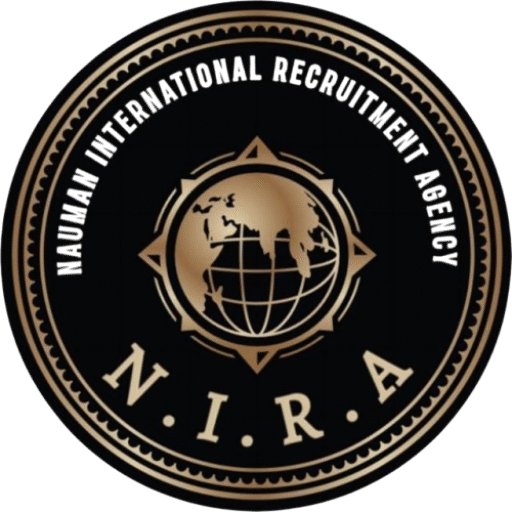19 Mar How Certified Translation Services Can Help Your Business Expand Internationally
Certified translation services are essential for businesses looking to expand internationally by ensuring accurate, legally compliant, and culturally appropriate communication across different languages. These services help maintain brand consistency, build customer trust, and facilitate smooth market entry by translating marketing materials, websites, contracts, and technical documents with precision. Certified translators also provide localization expertise, adapting content to local customs and preferences, which enhances customer engagement and avoids cultural missteps. Furthermore, they ensure legal compliance, protect intellectual property, and support international partnerships, enabling businesses to navigate global markets with confidence and professionalism.

Importance of global expansion:
Global expansion is vital for businesses as it offers opportunities for growth, diversification, and risk reduction. By entering new international markets, companies can tap into larger customer bases, drive revenue growth, and enhance brand recognition. It also provides access to new talent, resources, and innovative technologies, fostering competitive advantage and operational efficiencies. Expanding globally allows businesses to benefit from economies of scale, form strategic partnerships, and remain adaptable in the face of changing market conditions. Ultimately, global expansion strengthens a company’s long-term sustainability, positioning it for success in an interconnected world.
Role of language in international success:
Language plays a crucial role in international success by facilitating clear communication, building trust, and fostering strong relationships with global customers, partners, and employees. Understanding and adapting to local languages helps businesses tailor their products, services, and marketing strategies to meet specific cultural preferences, increasing customer satisfaction. It also demonstrates respect for local cultures, enhancing a company’s reputation and making it more competitive in foreign markets. Effective use of language can bridge gaps, reduce misunderstandings, and ultimately contribute to long-term success in international ventures.
Certified Translation Services:
Certified translation services involve the translation of documents by professional translators who provide an official statement attesting to the accuracy and completeness of the translation. These services are typically required for legal, governmental, or official purposes, such as immigration applications, court documents, academic records, and medical paperwork. A certified translation includes a certification letter, often signed by the translator, affirming that the translation is a true and accurate representation of the original document. These translations are often needed when submitting documents to authorities or institutions that require proof of authenticity and accuracy.
Certified Translations Crucial for Global Business:
Certified translations are crucial for global business as they ensure that legal, financial, and official documents are accurately translated, maintaining their integrity and compliance with local regulations. When expanding internationally, businesses need certified translations for contracts, agreements, licenses, and other key documents to prevent misunderstandings, legal issues, or delays. These translations also help businesses build trust with international partners, clients, and authorities, ensuring that all parties are aligned and that transactions and communications are legally valid across different countries.
Key Business Areas That Benefit from Certified Translations:

Several key business areas benefit from certified translations, including legal, finance, healthcare, and marketing. In legal matters, certified translations are essential for contracts, court documents, and patents to ensure compliance with local laws. In finance, they are crucial for accurate translation of financial statements, tax documents, and investment agreements. Healthcare businesses rely on certified translations for patient records, medical research, and pharmaceutical documentation to ensure safety and regulatory adherence. Additionally, marketing materials, such as advertisements and product descriptions, require certified translations to effectively communicate with international audiences while preserving brand messaging and legal accuracy.
Choose the Right Certified Translation Provider:
Choosing the right certified translation provider involves assessing their expertise, certifications, and reputation. It’s important to select a provider with experienced translators who are fluent in both the source and target languages, and who specialize in the relevant industry (e.g., legal, medical, or technical). Check for credentials, such as certification from recognized bodies like ATA (American Translators Association) or other relevant industry associations, to ensure quality and professionalism. Additionally, review client testimonials and seek providers who offer a transparent process, including a guarantee of accuracy and confidentiality, to ensure your documents are handled with care and precision.
How Businesses Have Grown with Certified Translations:
Businesses have grown with certified translations by enhancing their ability to operate smoothly in international markets, ensuring legal and regulatory compliance, and building stronger relationships with global clients and partners. Certified translations help companies navigate complex legal frameworks, accurately convey marketing messages, and maintain clear communication in diverse languages, all of which are vital for success abroad. By having official documents, contracts, and product information properly translated, businesses mitigate risks, avoid costly mistakes, and establish credibility, ultimately driving growth and expanding their reach in global markets.


No Comments